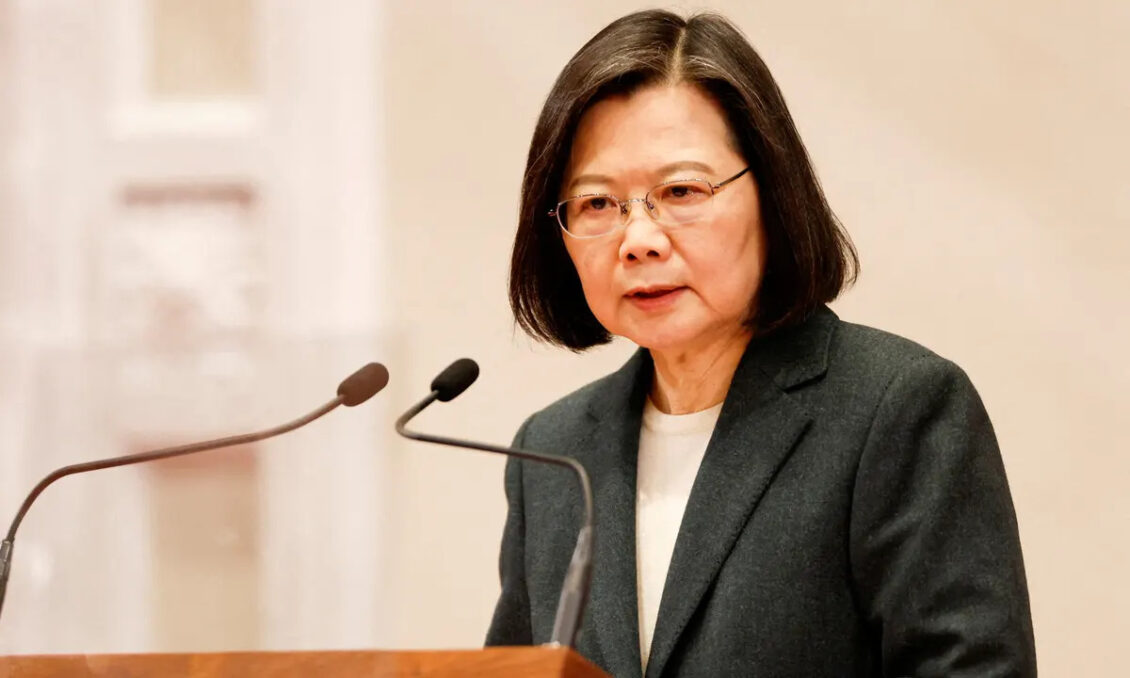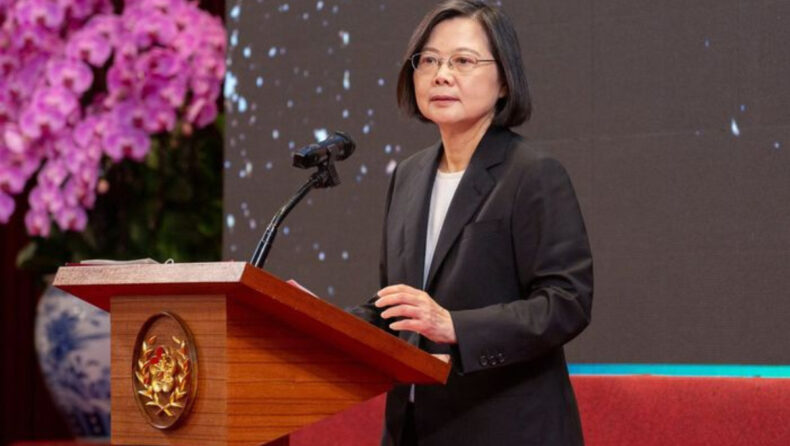
As the nation struggles with a #MeToo movement that has permeated politics and the media, charges of sexual harassment have rocked Taiwan’s ruling party.
In reaction to allegations of sexual harassment made against senior party members on Tuesday, President Tsai Ing-wen apologised for the second time in a week. “We as a society must re-educate ourselves. Victims of sexual harassment are people, she argued in a Facebook post.
National Policy Advisor Resigns After Accusations
Hours earlier, Yan Chih-fa, Tsai’s national policy adviser, resigned after being accused of harassing a Tsai support group employee in a sexual manner in 2018. Yan, who disputes the charges, also retracted a defamation lawsuit he had brought against the complainant.
A former political operative named Lee Yuan-chun filed a lawsuit against Wang Dan, a former student leader in the 1989 Tiananmen Square demonstrations, on Wednesday, accusing him of attempting to rape a woman in 2014. The exiled Chinese dissident refuted the charges and asserted that he had returned to Taiwan in order to assist with the legal process.
Nearly 20 complaints of sexual harassment against prominent political individuals have surfaced in the last week. Already, a number of people have quit.
The most recent iteration of Taiwan’s previously restrained #MeToo campaign was initiated by a Facebook post made on May 31 by a former DPP employee who claimed that a director had harassed her sexually following a video shoot. Chen Qian-rou claims that she complained to Xu Jia-tian, the former head of the party’s women’s development department, who allegedly rejected the matter and accused her of failing to avoid the director. After the post went viral, Xu quit.
In January, the DPP faces a competitive presidential race. Allegations have already been made that those making the accusations are stooges of the Chinese Communist Party (CCP), which wants Taiwan’s ruling Kuomintang (KMT) party, which supports tighter ties with Beijing, to succeed.
In the days following Chen’s initial Facebook post, online support for the DPP reportedly fell by more than a third, according to one flash estimate pollster.
But there are also accusations against the KMT. A KMT lawmaker named Fu Kun-chi was accused on Saturday of kissing and holding a journalist’s head at a work meal without her permission in 2014. Fu answered that he had never subjected women to his will.
Later on that day, KMT presidential hopeful Hou You-yi declared he “would never allow, and would not stand by and watch, any infringement of personal autonomy, regardless of political party” and demanded an investigation.
First female president of Taiwan, Tsai, has promoted the independent island as a shining example of social equality. Women in mainland China are under growing pressure to uphold conventional gender roles in order to improve China’s birthrate over the Taiwan Strait.
Netflix Series Sparking MeToo Movement
An exiled Chinese poet named Bei Ling has also been charged with sexual assault by the creator of a Netflix series that is credited with sparking the #MeToo movement in Taiwan. When Jian Li-ying attended the Chinese Culture University in Taipei, she claimed that Bei had touched her inappropriately. The accusations have been rejected by Bei as “pure fabrication”.
Jian is currently working as a writer on the political drama Wave Makers, which takes place in the run-up to a Taiwanese election and features a party employee who accuses another of sexual harassment. The party spokesperson in the programme declares, “Let’s not just let this go,” which has become into a catchphrase among Taiwan’s actual complainers.
Although these claims had prevailed in the court of public opinion, Prof. Chen Mei-hua of the sociology department at National Sun Yat-sen University highlighted that they were unlikely to prevail in formal legal procedures. The majority of incidents, according to her, occurred many years ago, and the majority of women lack both evidence and witnesses.













